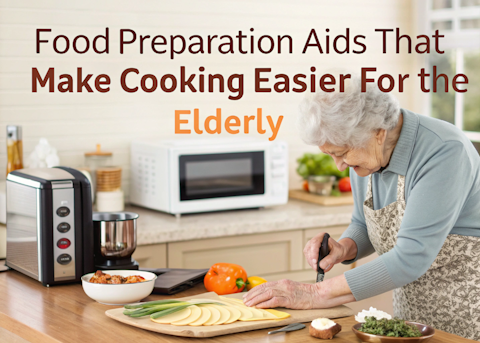
13 Jan 2026
For Help and Advice call: 01524 888453
Our blog09 Sep 2025
Keeping mobile at home is vital, especially when joint pain, limited space or low fitness levels hold you back. Low‑impact routines can help you stay active, reduce stiffness, and maintain independence. This guide will show you how to move safely and confidently.
Low-impact activity reduces stress on your joints while still building strength, balance and circulation. Think of it as gentle movement that still does the job. Perfect for older adults, those recovering from injury, or anyone looking to stay active without strain. It supports mobility at home and reduces the risk of falls.
Here are some simple routines that you can do at home:
1. Seated leg pumps
Sit in a firm chair. Lift one foot slightly off the floor, point your toes forward, then flex back towards you. Alternate legs, repeating 10–15 times. It aids in improving circulation, particularly when you spend a lot of time sitting down.
2. Heel raises
Stand behind a chair for support. Gently rise up on your toes, hold for a second, then lower. Do 10–15 repeats. It enhances the strength and stability of your calf muscles.
3. Sit-to-stand
Sit on a chair with arms crossed over your chest. Stand up slowly, then sit down with control. Aim for 8–12 repetitions. This exercise works on your legs and balance.
4. Wall push-ups
Facing a wall, place hands at shoulder height. Bend your elbows to lean towards the wall, then push back. Do 8–12 reps. This strengthens arms and shoulders with minimal strain.
5. Marching on the spot
Holding onto a stable surface, lift one knee gently as if marching, then switch. Repeat 10–20 times per leg. Excellent for hip flexibility and small‑space balance work.
Each exercise is simple, requires no equipment, and is safe, even in tight spaces. They improve muscle tone, joint health, balance and circulation without risking impact injuries.
If you’d like to enhance your routines, certain products available from Better Independent Living can help, if they suit your needs:
If these interest you, Better Independent Living offers stock with fast delivery and expert guidance.
|
Time |
What to Do |
|
Morning |
Start with seated leg pumps and heel raises to awaken muscles. |
|
Midday |
Add sit-to-stand and wall push-ups for strength and posture. |
|
Afternoon/Evening |
Finish with marching on the spot for balance and circulation. |
Aim for 2–3 short sessions a day. Focus on slow, controlled movement. If something causes pain (sharp, sudden or lasting), stop and rest. If pain persists, seek medical advice.
You don’t need to overdo it, and you don’t need to spend a fortune. A few minutes of low-impact movement every day keeps you stable and independent. If you want an extra bit of support or variety, pedal exercisers, bath lifts or walking sticks from Better Independent Living are worthwhile. Otherwise, just keep moving sensibly, plain and simple.